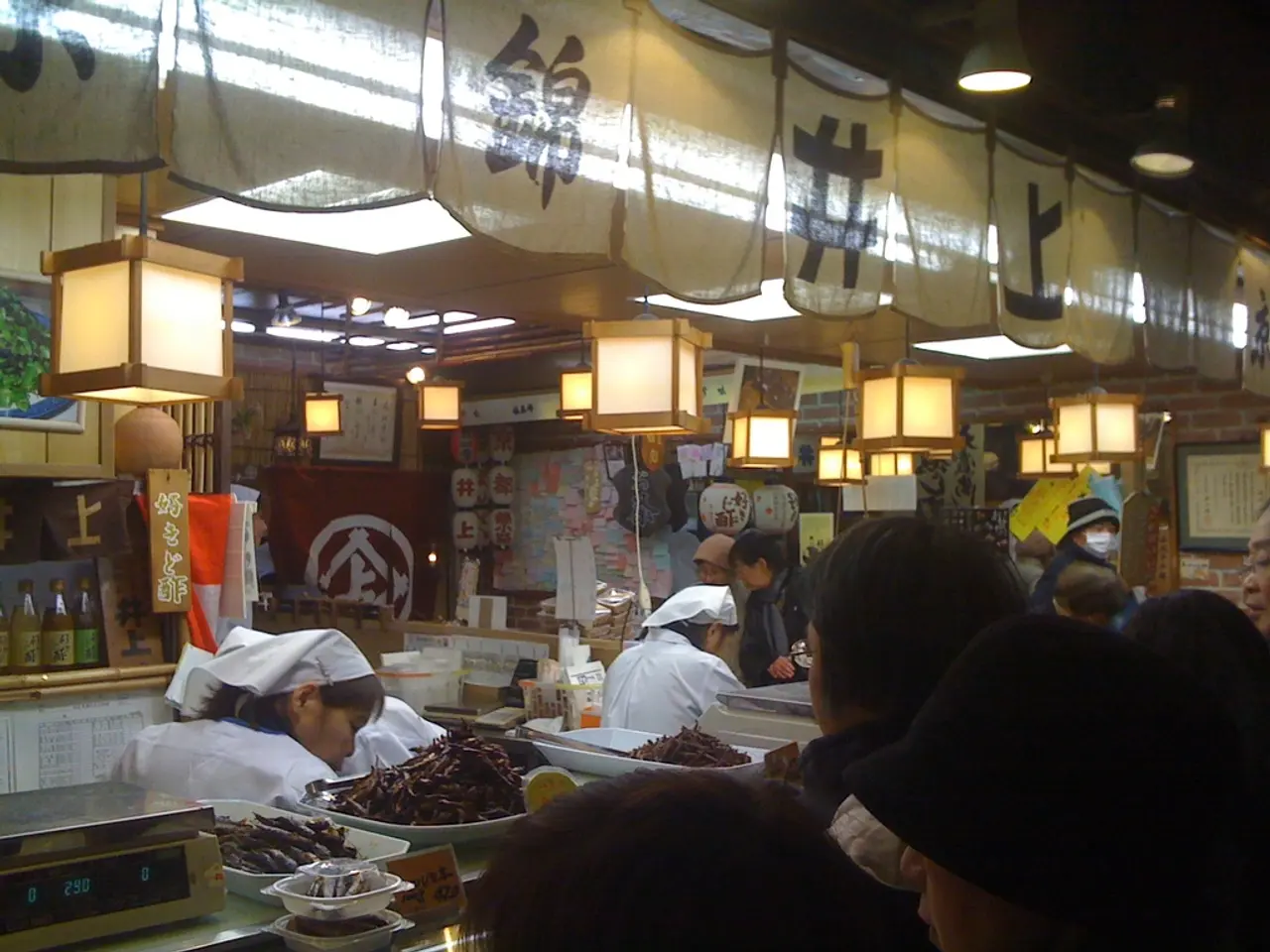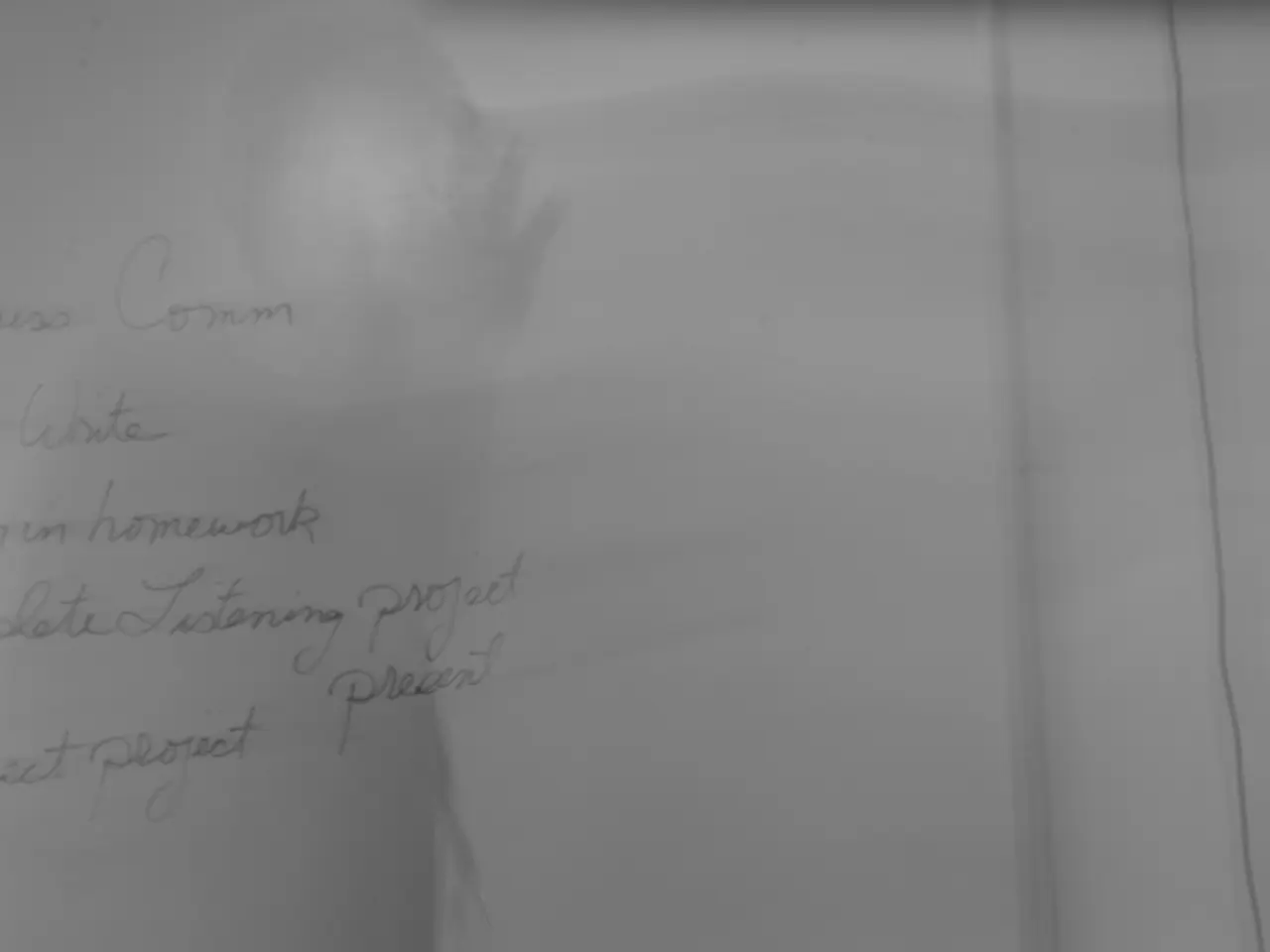U.S. lifts sanctions that impeded enlargement of Paks Nuclear Power Plant, as per Hungarian Foreign Minister's statement.
Paks Nuclear Power Plant Expansion Accelerates
The Paks Nuclear Power Plant expansion project, popularly known as Paks II, is gathering steam in Hungary, with Russian involvement playing a significant role, especially from state-owned energy company Rosatom. Let's take a look at the current status of the timeline, construction progress, and international engagement:
Speeding Up the Construction Pace
Recently, the speed of construction on the Paks expansion project has picked up. The critical milestone of pouring the first concrete, marking a significant step in reactor construction, was estimated to occur by January-February 2025 at the latest. Moreover, groundwork, like soil excavation for the planned Unit 5, had progressed and was moving closer to the design level depths by late 2024. Local leaders in the surrounding communities have been kept informed about the project's progress, demonstrating an active commitment to transparency and stakeholder engagement at the local level.
Overcoming Delays Due to Sanctions
The project hit some hurdles due to U.S. sanctions imposed during the Biden administration. These sanctions served to complicate financial transactions and procurement of equipment. Consequently, payments to Russian subcontractors, including Hungarian companies, were delayed, leading to a slowdown in project activities.
However, since 2025, following the return to the Oval Office by President Trump, the U.S. government lifted these sanctions. This move is expected to help the project progress more swiftly, allowing Hungary to acquire necessary equipment and continue construction with renewed energy.
Collaboration and Diplomacy
The Paks II expansion is primarily managed by Rosatom, with European participation also occurring through French industry. Political and diplomatic negotiations persist, focusing on Hungary's energy policy within the EU context and relationships with Russia and France, which are both key players in the nuclear technology market. Additionally, Hungary is seeking further nuclear cooperation, such as building small modular reactors with UK-based Rolls-Royce, to diversify partnerships.
In essence, the Paks Nuclear Power Plant expansion faces challenges but is regaining momentum after overcoming financial sanctions from the U.S. While Rosatom remains the leading contractor, the project also benefits from the contributions of both Russian and French industries, with Hungary also pursuing partnerships like those with Rolls-Royce for future projects. The expansion is crucial for Hungary's energy independence and security and is advancing toward essential construction milestones, as seen by the progress made in early 2025.
- The project's momentum is being restored due to the removal of U.S. sanctions under the Trump administration, allowing for Hungary to secure necessary equipment and accelerate construction.
- The Paks II expansion collaboration involves not only Rosatom, but also French industry, suggesting an interplay between the energy, politics, and finance industries.
- The sudden surge in construction pace raises questions about the potential influence of war-and-conflicts and policy-and-legislation on Hungary's energy sector, particularly in the context of diplomatic relations with Russia and France.
- Amidst the ongoing expansion, Hungary is also exploring new partnerships in the energy industry, such as small modular reactors with UK-based Rolls-Royce, indicating a migration towards diversity in nuclear technology cooperation.




